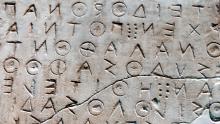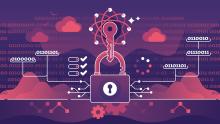A holistic model to help Europe’s farmers

European agriculture stands at a crossroads, with farmers under pressure from rising costs, debt, climate change and the threat of cheap imports. The EU-funded project Ploutos sought to deliver wholesale change with a Sustainable Innovation Framework that delivers powerful innovations along the value chain.









